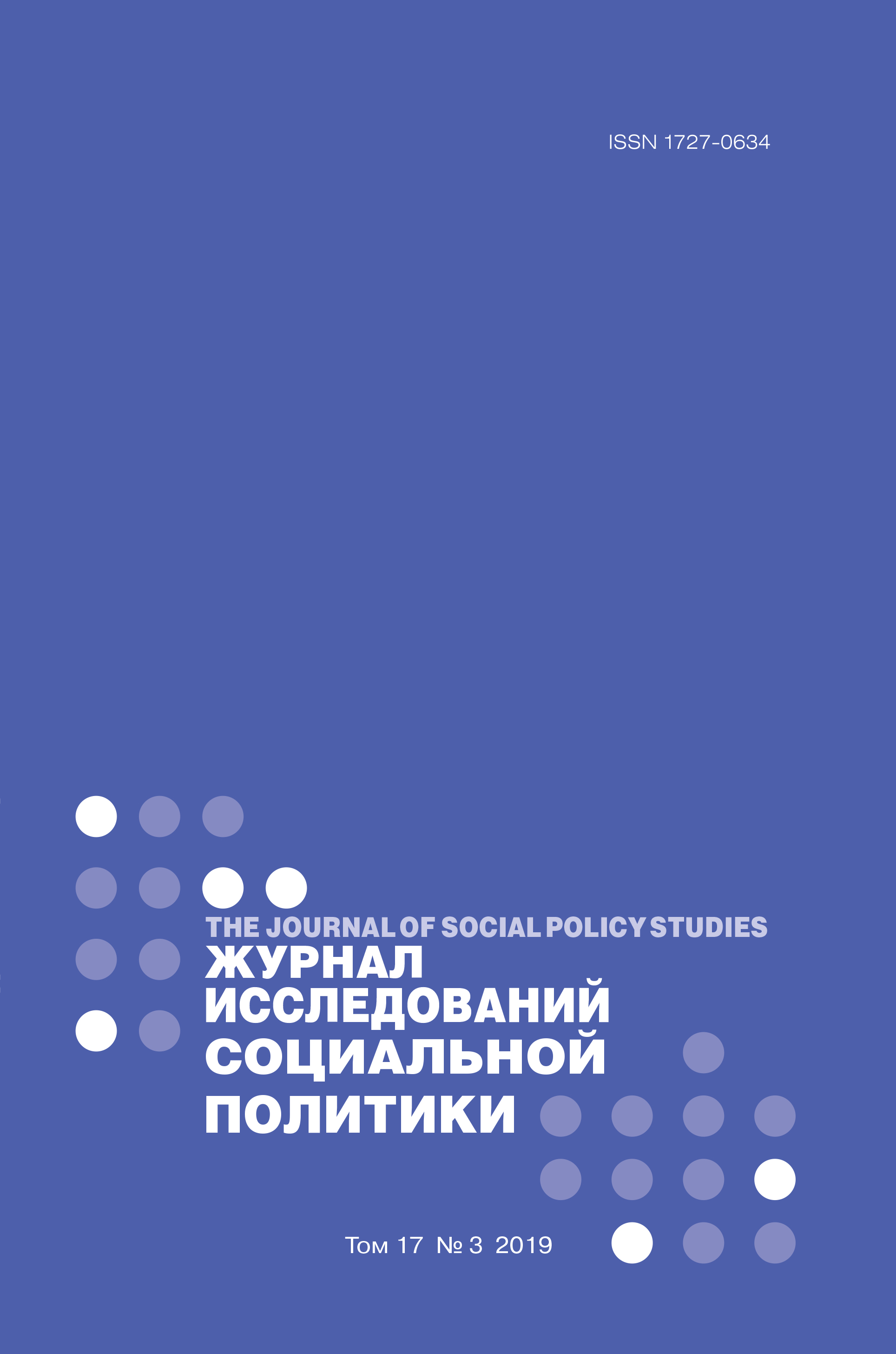An Unwarranted Humanism: How Doctors Operate in the Russian Penal System
Abstract
This article describes and analyzes the specific features of medical workers professional identity within the framework of the Russian penal system. The position of doctors in the organizational structure is examined through the prism of Eliot Freidson’s concept of professional autonomy and Erving Goffman’s notion of the total institution. The empirical material is based on twenty-two semi-structured interviews with prison doctors, correctional officers, former prisoners, and human rights advocates. Organizational factors are particularly important for understanding the position of doctors: within the Russian penal system doctors are not subject to the Ministry of Health, but to the Ministry of Justice. Although penal system doctors have not been under the purview of prison administration since 2014, in practice profession autonomization has yet to occur. What emerges from this research is that the professional identity of doctors is mixed with institutional identity and acquires new outlines that are characterized by a shift in loyalty from the patient toward a total institution. The professional autonomy of doctors, despite enjoying formal independence from the prison administration, is limited by the inability to make many decisions relating to professional competence independently, something that, in certain cases, makes it impossible for penal doctors to follow professional ethical standards. Given that security is given a clear priority over healthcare in prisons, doctors can work only through a system of ‘mutual concessions’ with correctional officers and the prison administration. Doctors try to counterbalance the pressure on medical professionals and the anti-therapeutic measures taken by guards against inmates by appealing to their exclusive and professional competences, both of which are necessary for the correct functioning of the penal system. Risk culture in a total institution is characterized by high suspicion to prisoners within a regime of permanent vigilance against the possibility inmates will suddenly do something dangerous. These and some other conditions transform the doctor-patient relationship, creating an additional distance between them.















